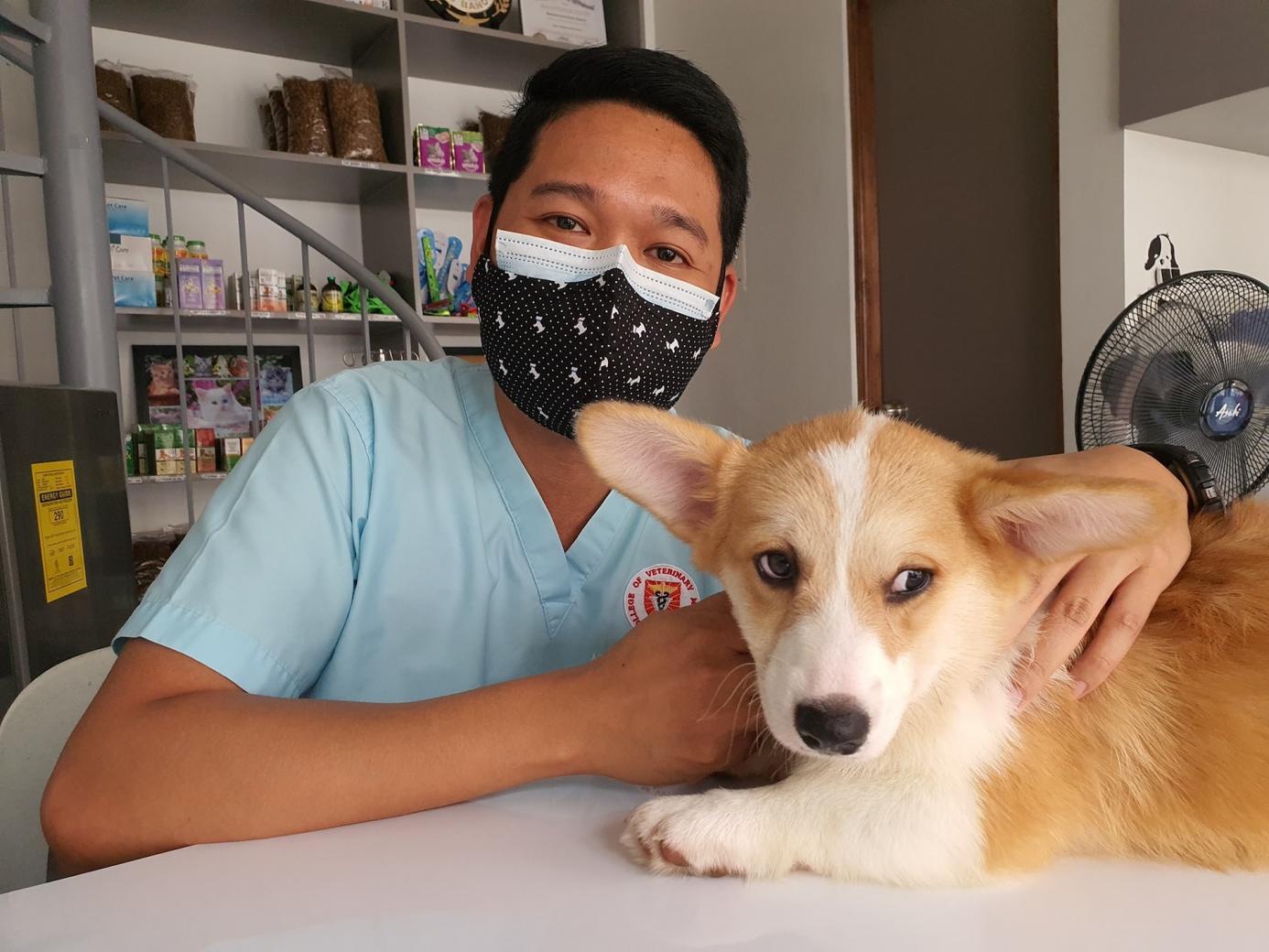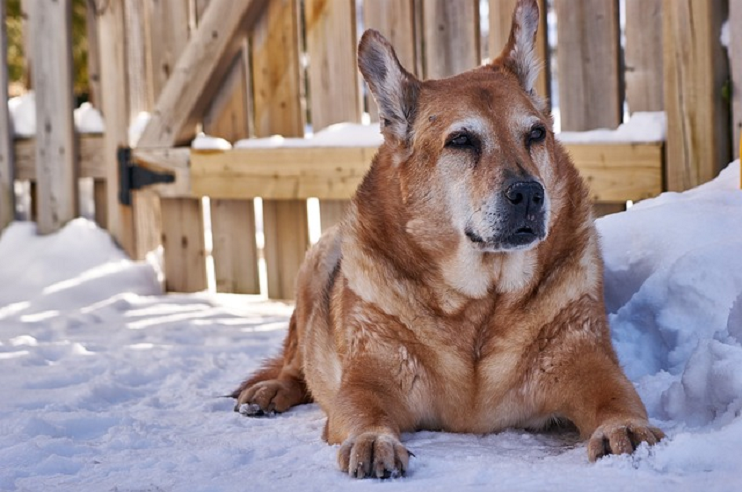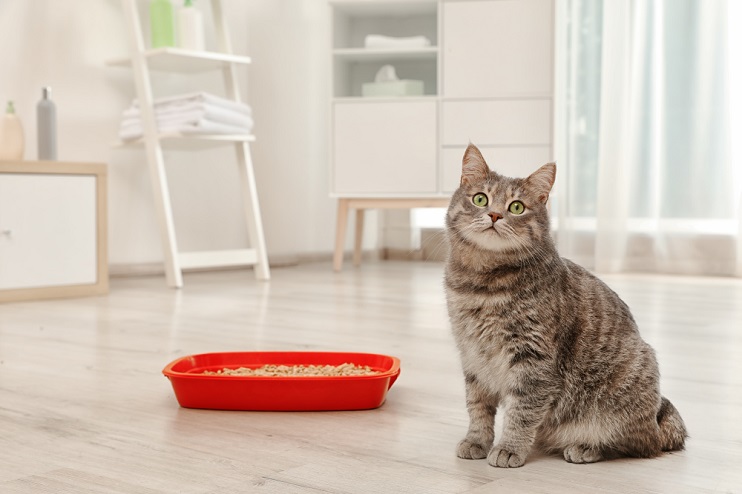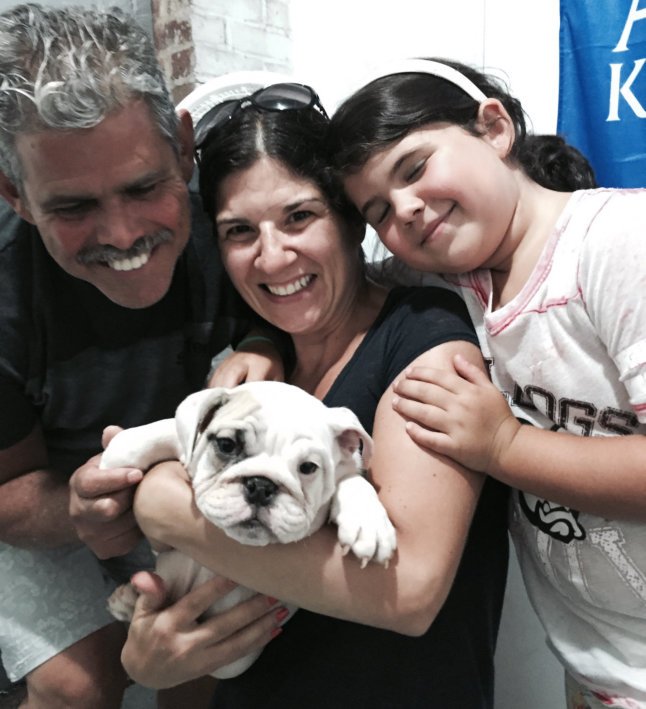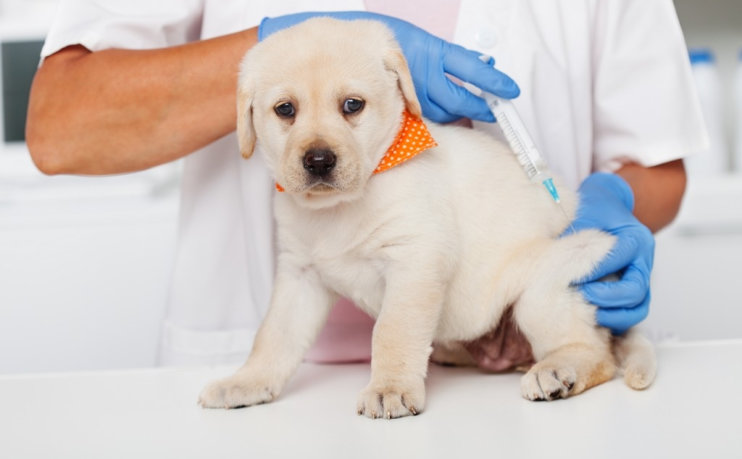
Photo by Joe Caione on Unsplash
Prevention is always the best medicine, and this is no less true when it comes to man’s best friend. Keeping your dog healthy and happy from the start will help your pooch avoid stressful conditions and save you time and money. You want the best for your dog, and that means first and foremost, a life free of illness.
So, what are some of the things that you can implement immediately to get your dog on track to a long, healthy, and happy life? Check out these 8 tips to keep your pup physically fit, mentally stimulated, and content.
-
Nutrition
Feeding your dog a well-balanced, quality diet is the foundation of your pet’s health. This will help keep your dog at a healthy weight and prevent obesity and diseases associated with being overweight, thus extending his or her lifespan. A quality dog food will generally meet your pet’s nutrition needs, but you can always consult your veterinarian in case your dog requires supplements of any kind, or if he or she suffers from allergies or intolerances.
Organic and grain-free diets like those provided by TimberWolfOrganics.com can cater to individual needs while guaranteeing nutrition requirements. Ample fresh water is a must and treats should be limited – especially if they’re not homemade with only natural ingredients. They should not account for a substantial part of your dog’s daily calorie intake. Also, avoid feeding your dog from the table.
-
Exercise
Your dog must be physically active. How much time you need to dedicate to walks, hiking, playing, or even swimming may vary from breed to breed. But your pooch should benefit from physical activity every day. Daily walks will help keep calories in check and contribute to maintaining a healthy digestive tract. Regular exercise improves circulation, increases muscle, reinforces bones, and lowers blood pressure.
-
Grooming
Good canine grooming is not limited to aesthetics. It is an important aspect of your pup’s overall health. Brushing several times weekly is crucial, especially in long hair dogs to prevent knotting and keep an eye on the condition of your pet’s skin. Regular grooming allows you to check for bald spots, inflammation and infection, lumps or bumps, dandruff, and even parasites. Don’t exaggerate with bathing either. Check with your veterinarian to see how often your particular breed of dog should be bathed. Excessive bathing can remove the natural oils necessary for a healthy coat and skin. And don’t forget the nails! If your dog does not spend a sufficient amount of time outdoors or exercising regularly to keep nails at a reasonable length, he or she may need a nail trim.
-
Preventative Treatments
Two very important preventative treatments that will contribute to keeping your dog healthy are oral care and parasite medications. Brushing your dog’s teeth several times weekly along with dental chews will help protect the pooch from a periodontal disease that can lead to serious health issues. Preventative medications to keep your dog safe from fleas, ticks, worms, and heartworms.
-
Socialization
Early socialization beginning with the first few weeks of life in Mom’s care up to 4 to 5 months can make a real difference in appropriate canine behavior. Puppies need to be exposed at a very young age to other dogs and other people in a positive context. Socialization should continue throughout your dog’s life through dog park visits or doggy daycare. Positive canine interaction will decrease the risk of your pup developing antisocial behavior or aggressiveness especially when a reaction is motivated by fear.
-
Safety
Microchips, dog tags, and collars are crucial to having your pet returned in the event of your dog getting loose. Poison or toxic plants and substances should be placed well out of reach.
-
Veterinarian Care
Regular visits to your vet for checkups are the quickest way to catch problems early on. Screening can detect diseases and dental appointments can remove any plaque or tartar from pooch’s teeth. Your veterinarian may also suggest spaying or neutering your dog. This can help curtail aggressiveness in males and undesirable behavior during the mating cycle such as spraying, yowling, and general irritability. It will impede unwanted pregnancies and contribute to the prevention of some diseases and cancers.
-
8.Pay attention
You are your dog’s best friend. If your dog is acting strangely or has radically changed his or her behavior suddenly, you’ll be the first to notice. If something seems “off”, it should be a cause for concern. It’s better to err on the side of safety. Anything you consider abnormal should be referred to your veterinarian. Also, reserve lots of attention for your best friend. Petting, cuddling, brushing, and daily exercise together will contribute to that strong indissoluble bond that will last a lifetime.

Photo by Emerson Peters on Unsplash
Check out the Best Pet Insurance that will suit you and your Pet at https://www.theinsuredpet.com/insurance-review










